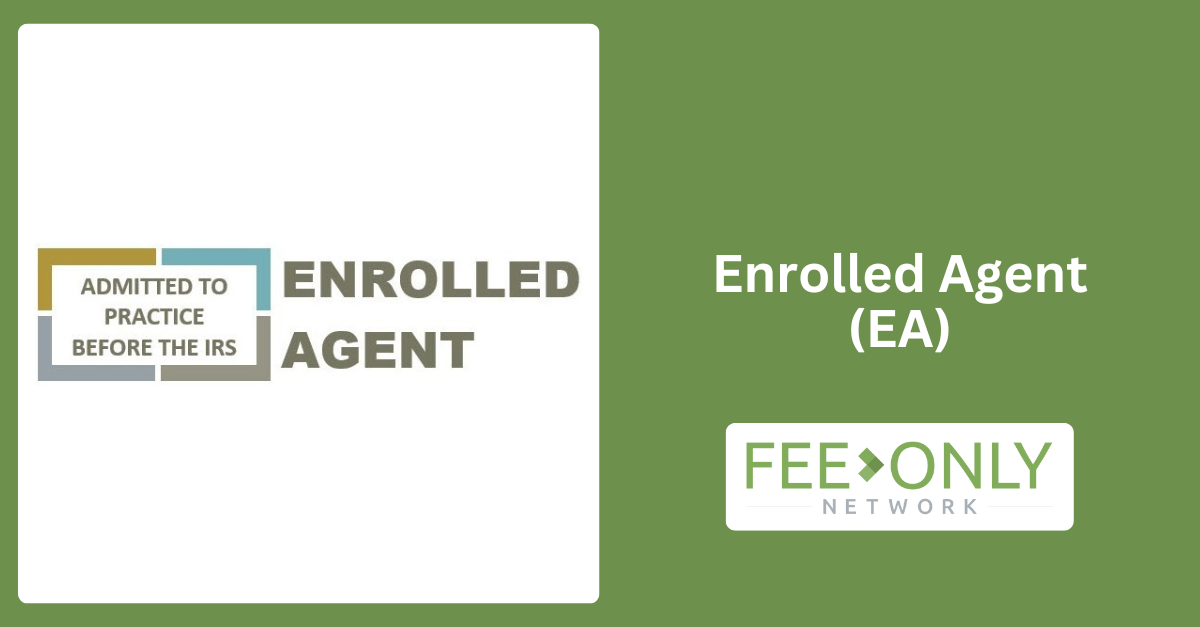
Updated: March 11, 2025

An Enrolled Agent (EA) is a federally authorized tax professional with expertise in tax preparation, representation, and planning. Recognized by the IRS, EAs can represent individuals and businesses in audits, appeals, and collections, offering specialized knowledge of tax laws and compliance. Unlike CPAs or attorneys, EAs focus exclusively on taxation, making them an ideal resource for navigating complex tax matters. Whether you’re seeking help with a tax audit, year-round planning, or filing, understanding the role of an EA can save you time, money, and stress. This guide will explain what EAs do, how they’re certified, and why their services might be invaluable for your tax needs.
An Enrolled Agent is a tax expert authorized by the U.S. Department of the Treasury to represent taxpayers before the IRS. Their primary focus is on federal tax matters, including:
While accountants and tax preparers might assist with taxes, EAs have a unique edge:
To become an EA, candidates must pass the Special Enrollment Examination (SEE), a comprehensive test that evaluates their knowledge of tax codes, IRS regulations, and compliance. Alternatively, individuals with five years of experience working for the IRS may qualify for EA status without taking the SEE.
EAs must complete 72 hours of continuing education every three years to maintain their certification, ensuring they stay updated on ever-changing tax laws.
Whether you’re facing an IRS audit, need help with back taxes, or want year-round tax planning, EAs bring in-depth knowledge tailored to your needs.
EAs often provide more affordable services than CPAs or tax attorneys, offering high-quality advice and representation without the steep fees.
EAs are federally certified with expertise in tax law and representation, unlike many tax preparers who lack specialized credentials.
Yes, EAs have federal authorization to represent clients across all states and U.S. territories.
Costs vary depending on the complexity of your tax situation, but EAs are generally more cost-effective than CPAs or attorneys.
If your CPA specializes in accounting rather than taxes, an EA may provide better tax-specific expertise.
Yes, EAs complete continuing education to ensure their knowledge remains current.

Allan Slider is the Founder of FeeOnlyNetwork.com, a one-of-a-kind digital platform that elevates the visibility of fee-only financial advisors, individually and collectively. Fee-Only advisors are ONLY compensated by the client and NEVER make commission by selling financial products, or receiving kickbacks from brokerage firms. Allan is a consumer & investor advocate and a 20+ year veteran of online marketing for financial advisors.

If you're seeing this message, it's because the web browser you're using to access our site is much older and no longer supported. Due to privacy and safety concerns, we don't allow older browsers to access our site. In order to access WhyFiduciary.com, please use a newer browser, like Internet Explorer 10 or above, Google Chrome, or Mozilla Firefox.
Download a newer browser